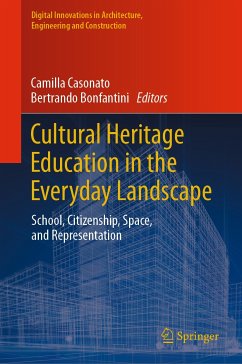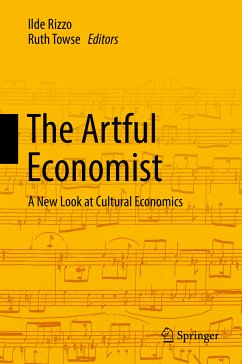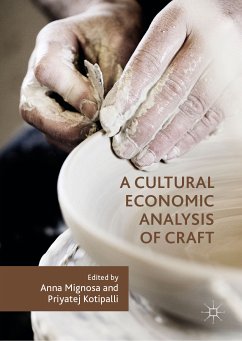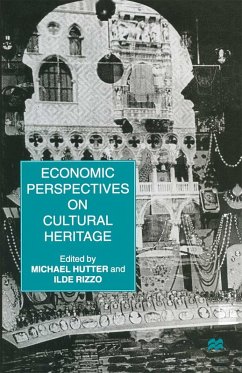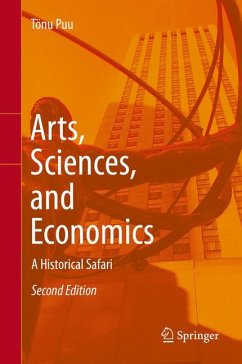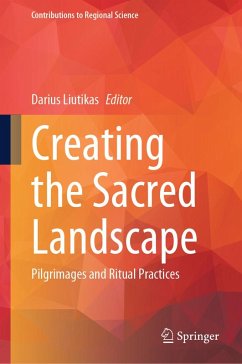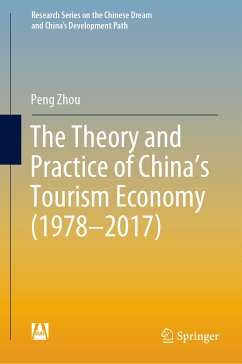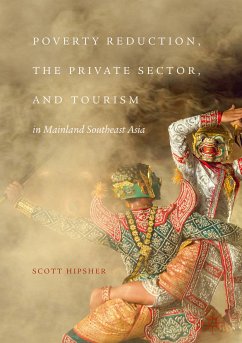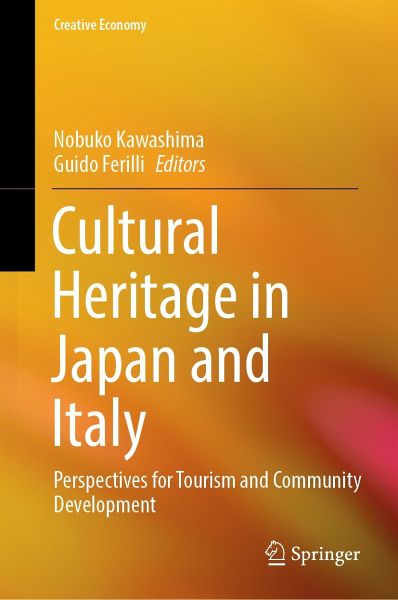
Cultural Heritage in Japan and Italy (eBook, PDF)
Perspectives for Tourism and Community Development
Redaktion: Kawashima, Nobuko; Ferilli, Guido
Versandkostenfrei!
Sofort per Download lieferbar
128,95 €
inkl. MwSt.
Weitere Ausgaben:

PAYBACK Punkte
64 °P sammeln!
This edited book represents one of the first scholarly research through an international collaboration project between Japan and Italy to address economic and social values of cultural heritage beyond its inherent-historic, archaeological, or aesthetic-values. Cultural policies in the world have over the decades expanded to include non-cultural purposes such as economic development and social inclusion. Japanese cultural policy for heritage is catching up on this trend: we have seen major shifts of emphasis from preservation for its sake to the utilisation of cultural heritage for the purposes...
This edited book represents one of the first scholarly research through an international collaboration project between Japan and Italy to address economic and social values of cultural heritage beyond its inherent-historic, archaeological, or aesthetic-values. Cultural policies in the world have over the decades expanded to include non-cultural purposes such as economic development and social inclusion. Japanese cultural policy for heritage is catching up on this trend: we have seen major shifts of emphasis from preservation for its sake to the utilisation of cultural heritage for the purposes of tourism, place branding, local vitalization and community-building, whilst Italy has long thrived on the economy of heritage tourism and more cases are being seen for urban and regional development with the use of cultural assets. The recent outbreak of Covid-19 and the problem of over-tourism that preceded it have challenged tourism policy and practice in the two countries.
This book identifies emerging trends, issues, and problems in such policy shifts. The book breaks a new ground in the bourgeoning studies of tourism, heritage, and cultural policy by adopting an international, inter-disciplinary approach. The chapters on Japan in particular make an original contribution to these fields in the English literature in which discussion of Japan despite its economic and cultural presence on the globe has hitherto been less available.
This book identifies emerging trends, issues, and problems in such policy shifts. The book breaks a new ground in the bourgeoning studies of tourism, heritage, and cultural policy by adopting an international, inter-disciplinary approach. The chapters on Japan in particular make an original contribution to these fields in the English literature in which discussion of Japan despite its economic and cultural presence on the globe has hitherto been less available.
Dieser Download kann aus rechtlichen Gründen nur mit Rechnungsadresse in A, B, BG, CY, CZ, D, DK, EW, E, FIN, F, GR, HR, H, IRL, I, LT, L, LR, M, NL, PL, P, R, S, SLO, SK ausgeliefert werden.



